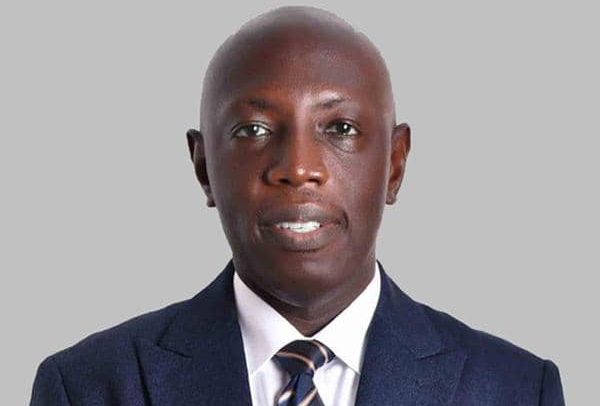Ghana’s banking sector is picking up pace and it’s on the path of recovery and growth one year after the government’s domestic debt exchange program (DDEP), according to Professor Isaac Boadi.
Appearing on Atinka TV’s the Agenda Show on Thursday, July 11, 2024, Professor Boadi held that the banking sector has been able to withstand the shocks brought about by the exchange program.
“A year after the DDEP, we can say that the banking sector is resilient. Growth in the sector has picked up and they are getting back to normalcy” he said.
“The balance sheet of the banks are strong as they have been able to increase their assets. The financial soundness of the banks are positive and all these give one indication; the sector is growing and getting stronger” Professor Boadi added.
From GHC212 million in 2022 to GHC270 million in 2023, according to Professor Boadi, was one of the indicators of resilient banking sector. All the other parameters point to the same direction, meaning, the banking sector is getting stronger.
“Return on equity has gone up drastically high as it has moved from negative to positive growth,” he explained.
Though a bitter pill, the Dean of Accounting and Finance at the University for Professional Studies, (UPSA), said that the program was unavoidable and it has yielded the anticipated fruits.
The then Finance Minister, Ken Ofori-Atta, announced that government would undertake a debt operation programme in 2022.
The broad contours of the Debt Sustainability Analysis had been concluded and some details were announced.
Under the Programme, domestic bondholders were asked to exchange their instruments for new ones. Existing domestic bonds as of 1st December 2022 would be exchanged for a set of four new bonds maturing in 2027, 2029, 2032 and 2037.
The annual coupon on all of these new bonds were set at 0% in 2023, 5% in 2024 and 10% from 2025 until maturity. Coupon payments would be semi-annual.
Government’s commitment to Ghanaians and the investor community, in line with negotiations with the IMF, was to restore macroeconomic stability in the shortest possible time and enable investors to realize the benefits of the Debt Exchange.
In line with that:
• Treasury Bills were being completely exempted and all holders would be paid the full value of their investments on maturity.
• There would be NO haircut on the principal of bonds, amongst others.
The Government recognized that financial institutions held a substantial proportion of these bonds. As such, the potential impact of the exchange on the financial sector had been assessed by their respective regulators.
Appropriate measures and safeguards were instituted to minimize the potential impact on the financial sector and to ensure that financial stability was preserved.
A year after the program, according to Professor Isaac Boadi, the numbers show that the banking sector is resilient.


